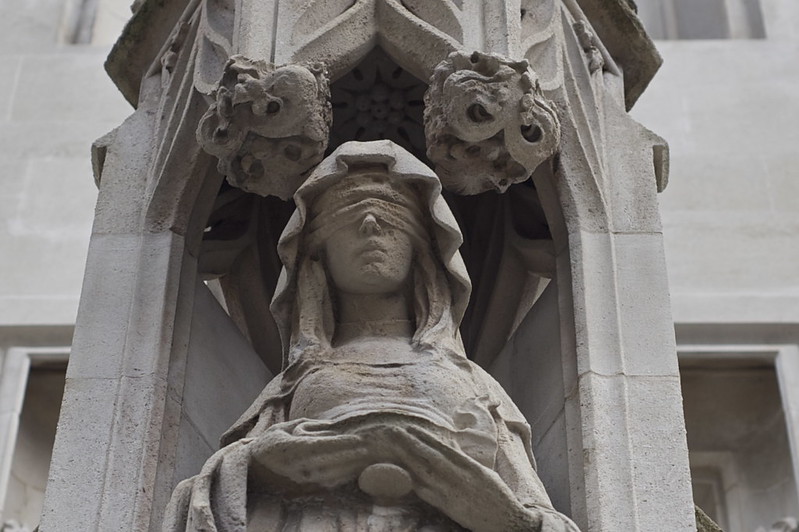
Organising a school trip is a rewarding experience that offers students the chance to learn outside the classroom and develop new skills. London, with its wealth of historical landmarks, cultural institutions, and educational opportunities, is the perfect destination for a school trip. However, planning a successful London school trip requires careful preparation to ensure both safety and an enriching experience for students.
In this blog, we’ll provide essential tips for teachers to help them plan the perfect school trip to London.
Set Clear Learning Objectives
The foundation of any successful school trip is a clear set of learning objectives. Before diving into the logistics, consider what you want your students to gain from the experience. Is the trip intended to deepen their understanding of a particular subject, such as history, art, or science? Or is it designed to develop soft skills like teamwork, independence, or critical thinking?
London offers a variety of educational experiences that can be tailored to different subjects. For example, a visit to the Tower of London is perfect for history lessons on the monarchy and mediaeval Britain, while the Science Museum or the Natural History Museum can enhance students’ knowledge of the natural world and scientific discovery. By setting specific learning goals, you’ll be able to plan an itinerary that aligns with your curriculum and maximises the educational value of your trip.
Plan Your Itinerary Carefully
London is a vast city with countless attractions, so planning your itinerary carefully is crucial to ensure you make the most of your time. Prioritise key destinations that align with your learning objectives and consider how long you’ll spend at each location. It’s better to have a few well-planned activities than to rush through too many in a short time.
When planning your London school trip, take into account travel times between destinations. London’s public transport system is efficient, but it can be busy, particularly during peak hours. Be sure to allow for extra time when moving between sites. Pre-booking tickets for popular attractions can save time and help avoid long queues.
Some must-visit attractions for school trips include:
- The British Museum for history and cultural studies.
- The Houses of Parliament for politics and government.
- The Tate Modern for art and creative inspiration.
- The Globe Theatre for Shakespeare and English literature.
Ensure Safety and Supervision
Safety is the top priority when planning any school trip. Carry out thorough risk assessments for all activities and destinations to identify any potential hazards. Consider factors such as student age, group size, and special requirements.
It’s also essential to plan the right level of supervision. Ensure that there are enough adults to maintain a safe student-to-teacher ratio, and brief all supervisors on their roles and responsibilities. Keep students informed of emergency procedures and make sure they know where to meet if they get separated from the group.
For a busy city like London, maintaining communication is crucial. Assign students to small groups with a designated adult, and provide everyone with an itinerary, contact details, and clear instructions on what to do in case of an emergency.
Engage Students with Interactive Learning
A successful school trip doesn’t just involve passive sightseeing—engage your students with interactive learning experiences. Many of London’s museums and attractions offer educational workshops, guided tours, and interactive exhibits designed specifically for school groups.
For example, the London school trip to the Tower of London offers costumed guides who bring history to life, while the Science Museum’s hands-on exhibits allow students to explore scientific concepts in an interactive way. These experiences help to deepen students’ understanding of the material and make learning more memorable.
Encourage students to take notes, ask questions, and participate in discussions throughout the trip. Assigning small tasks or projects, such as taking photos or completing a worksheet, can also keep students engaged and focused on their learning objectives.
Consider Accommodation and Meals
If your London school trip extends over more than one day, accommodation and meals become an important part of your planning. London has a wide range of accommodation options, from hostels and budget hotels to specialist group accommodations designed for school trips.
When choosing accommodation, look for places that offer group-friendly facilities, such as common areas for students to gather and easy access to public transport. Safety features such as 24-hour security and in-room supervision for younger students should also be a priority.
Meal planning is equally important. Many attractions have on-site cafés or picnic areas, but it’s wise to plan where and when your group will eat to avoid long queues or delays. For longer trips, pre-arranged group meals can save time and ensure dietary needs are met.
Prepare for Reflection and Follow-Up
A school trip offers valuable learning opportunities that don’t end when the trip is over. Plan follow-up activities to encourage students to reflect on their experiences. This could include group discussions, presentations, or creative projects that incorporate what they’ve learned during the trip.
Encouraging students to reflect on their trip helps reinforce the educational value of the experience, while also providing insight into what they found most interesting or engaging.
Conclusion
Planning the perfect London school trip takes time and careful organisation, but the rewards are well worth the effort. By setting clear learning objectives, creating a detailed itinerary, ensuring safety, and engaging students with interactive learning, you can create an unforgettable educational experience. With its rich history, vibrant culture, and numerous educational opportunities, London is the ideal destination to inspire curiosity and deepen understanding across a variety of subjects.





















